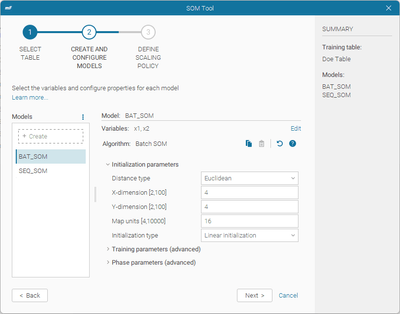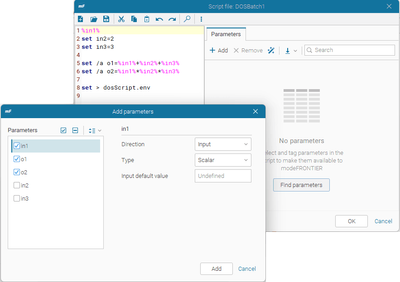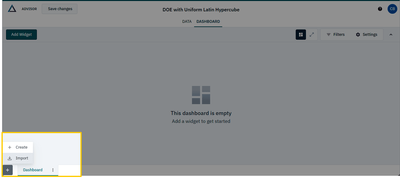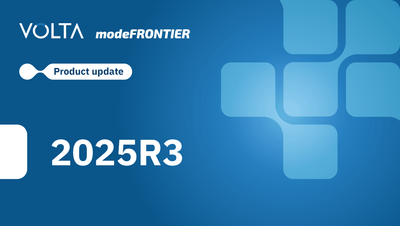The new VOLTA and modeFRONTIER 2025R3 is now available. modeFRONTIER introduces redesigned self-organizing maps (SOM) and principal component analysis (PCA) tool. VOLTA adds dashboard import of simulation post-processing analysis, making it easier to reuse and iterate on visualizations throughout your design process.
Release highlights
Brand new SOM and PCA post-processing tools in modeFRONTIER
The SOM and PCA tools have been completely redesigned to improve usability and efficiency. With the new intuitive interface, you can now train multiple SOM and PCA models in parallel, each with customizable algorithm settings, variables, and scaling options.

Extended script parameter tagging
We have significantly expanded the scope of the tagging feature in modeFRONTIER. This enhancement includes:
- Universal script node coverage: automating parameter tagging is now available for all script nodes.
- Read-only script support: you can now benefit from parameter tagging even in the non-editable scripts referenced from VOLTA or the data store node.
- Matlab and Octave compatibility: parameter tagging functionality has also been extended to support Matlab and Octave scripts.

MUSA optimization algorithm: continuously evolving
We’ve released new features and improvements to make your work in MUSA more effective and adaptable. These changes are designed to give you more control and options as you use MUSA for optimization tasks in modeFRONTIER.
- Time-bound runs: You can now set a time limit for algorithm searches, in addition to the maximum number of evaluations. This means your runs will stop exactly when you need them to.
- Enhanced local search: The Powell and Simplex methods are now available for single-objective continuous problems as derivative-free alternatives to SQP algorithms. While they use a different approach, they can require fewer evaluations and do not compute derivatives.
VOLTA Advisor: import dashboards of post-processing analysis
This new feature makes it easy to reuse dashboard configurations across design iterations or updated datasets, without rebuilding from scratch. For example, a dashboard based on the simulation results of a design of experiments (DOE) can be quickly applied to other results where you’ve changed the domain or algorithm — no need to recreate your visualizations from the ground up.

VOLTA Cloud deployment moves to MongoDB
VOLTA lays the foundation for a future more scalable cloud-based platform by moving to MongoDB, an NoSQL database system. This transition is a major step toward enabling horizontal scalability for future cloud deployments — more resilience, better performance, and a platform that grows with you.
For other new features please refer to the release notes included in the software updates.
Interested in knowing more about the new features? Contact us.

